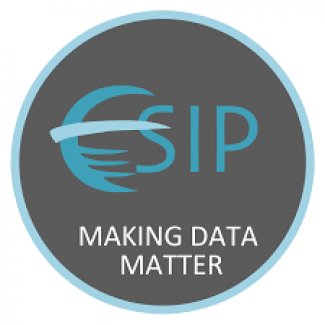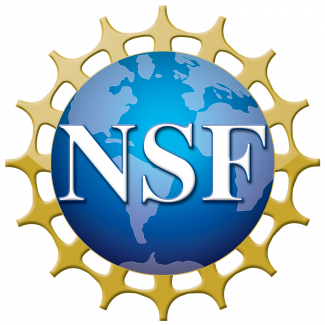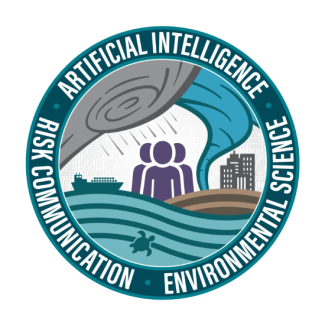AI-Ready Data
This is the repository for the Data Readiness Cluster to maintain the AI-ready data checklist. The cluster is a community-driven group focusing on developing recommendations and community standards on AI-ready open environmental data. Although the work currently focuses on environmental data, the product could be extended to data from other domains.
Gap Assessment

As part of the NOAA Artificial Intelligence Strategy, NCAI conducted a pilot training resource gap assessment in 2021 to gather training deficiencies, needs, and priorities across NOAA.
Survey respondents agreed that NOAA lacks training to incorporate artificial intelligence (AI) to the overall NOAA mission, which prohibits the workforce to become AI literate and proficient. At all levels of NOAA and with different roles in the AI development cycle (i.e., practitioner, user, manager), respondents requested NOAA-specific training using NOAA data and computing resources to remove common barriers to the “Research to Operations, Applications, and Services” pipeline.
Image caption: NOAA training action priority lifecycle highlighted by workforce role and relationship to AI.
Training and Publications
The U.S. Department of Commerce Learning Center (CLC) provides online training courses for artificial intelligence and machine learning. Note: This resource is for DOC / NOAA employees only.
The Institutional Repository (IR) is a digital library of scientific literature and research produced by NOAA. Use this link to search for publications on artificial intelligence and machine learning.
National Institute of Standards and Technology (NIST) contributes to the research, standards, and data required to realize the promise of AI as an enabler of American innovation across private and public sectors.
European Centre for Medium-Range Weather Forecasts (ECMWF) is making a significant effort to support applications of artificial intelligence and machine learning and to identify how such applications may improve numerical weather prediction at the Centre.
The AI4ESS Summer School interactive course by the National Center for Atmospheric Research (NCAR UCAR) covers essential and cutting edge topics in artificial intelligence, machine learning, and deep learning relevant for Earth system science.
Earth Science Information Partners (ESIP) machine learning cluster developed training tutorials focusing on Earth science applications.
In August 2020, NSF established the National Artificial Intelligence Research Institutes, five U.S. AI hubs. The goals: accelerate research in AI, expand America's workforce, and transform society. Areas of focus extend from extreme-weather readiness to science, technology, engineering and mathematics (STEM).
AI2ES is a convergent, multi-sector NSF institute led by the University of Oklahoma that brings together researchers in AI, atmospheric science, ocean science, and risk communication.










